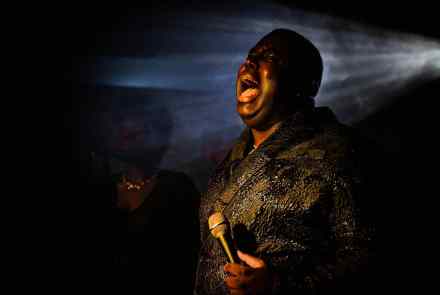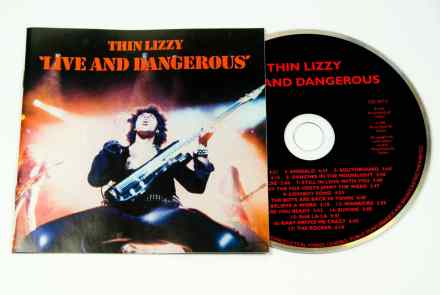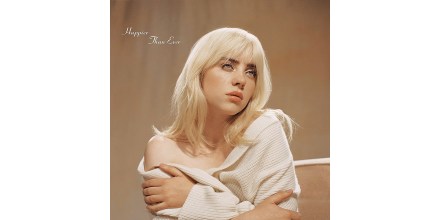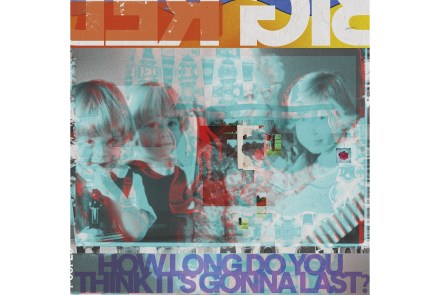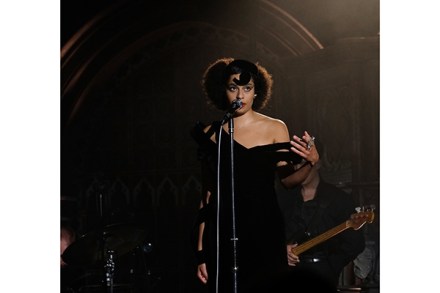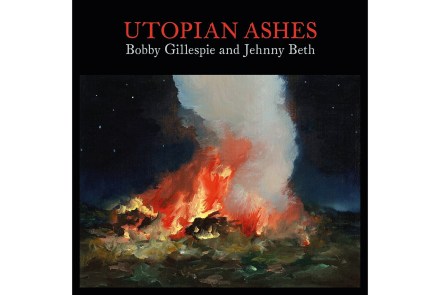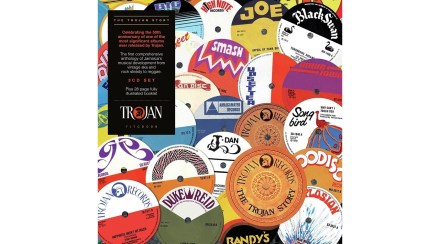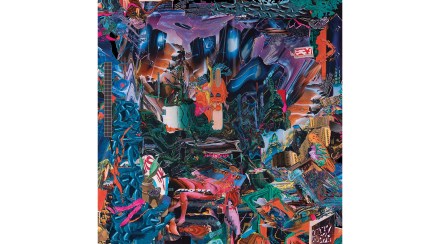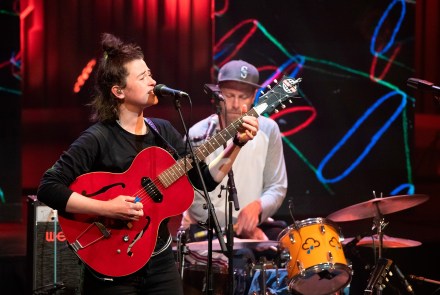Joyous perfection from a band that’s sure to go far: Gabriels at The Social reviewed
The bigger the next big thing, the smaller the room you want them playing in. You want the people who got inside to be thankful they made it in (not least because the more exclusive the show, the more hysterical the tweets afterwards: ‘You plebs couldn’t get a ticket, but I saw the very future of the planet!’). You want the air so thick with heat and chatter before the band comes on that there is a sense of event before a note has been played. You want everyone there — band and audience alike — to feel they are at the only place that matters, regardless of it being
